19 GPTs for Data Archiving Powered by AI for Free of 2026
AI GPTs for Data Archiving are advanced artificial intelligence tools designed to assist in the collection, organization, and preservation of digital information. By leveraging Generative Pre-trained Transformers, these tools can automate and enhance the process of archiving data, making them invaluable for managing vast amounts of information efficiently. Their relevance lies in their ability to understand, categorize, and store data in a way that is accessible and useful for future retrieval, analysis, or compliance purposes.
Top 10 GPTs for Data Archiving are: WebPilot GPT,Image to Excel GPT (XLSX from Photo GPT),Memory,Text Extractor GPT,Internet Archive Search,AI OCR,Screenshot to Markdown,File Transformer,ファイル形式変換専門GPT,Sheet Transformer
WebPilot GPT
Harness AI for Effortless Web Scraping

Image to Excel GPT (XLSX from Photo GPT)
AI-powered document to spreadsheet transformation

Memory
Securely store and retrieve your memories with AI
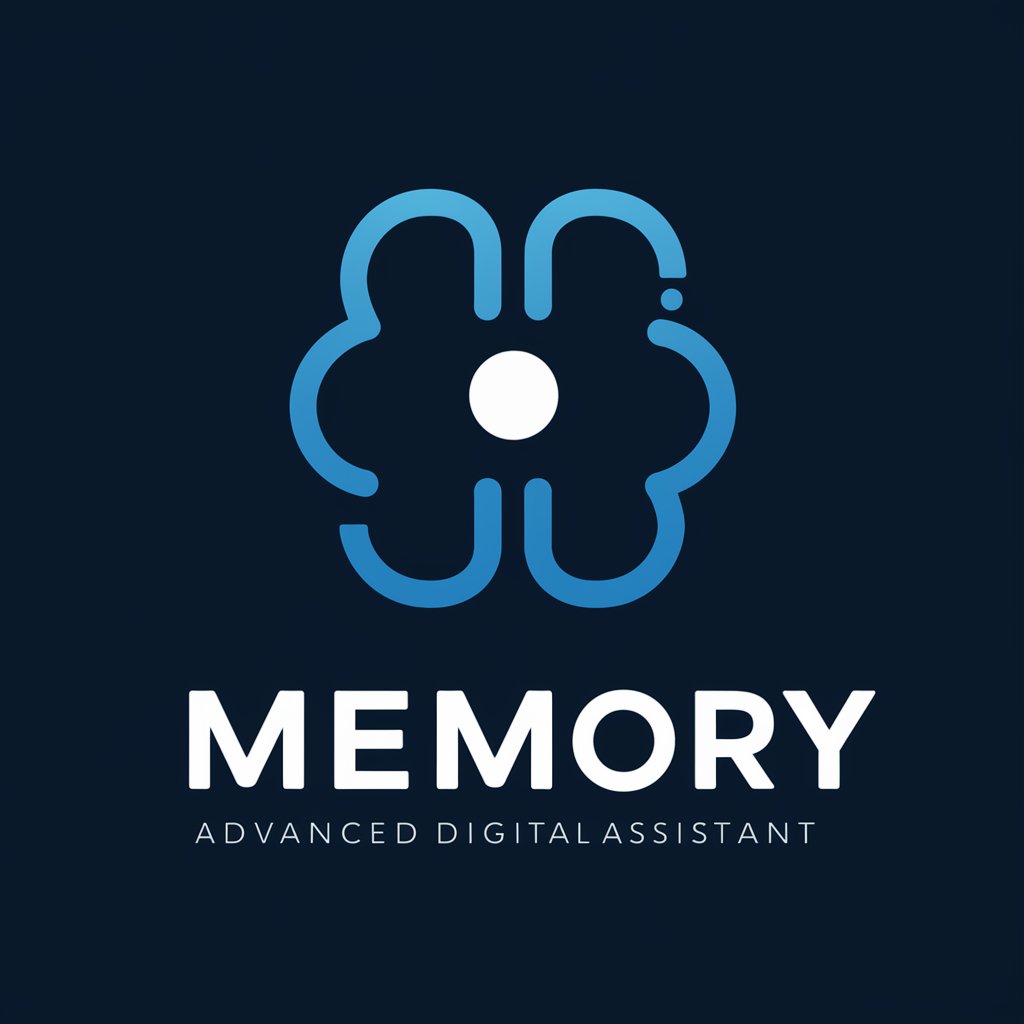
Text Extractor GPT
AI-Powered Precision in Text Extraction

Internet Archive Search
Uncover History with AI-Powered Search

AI OCR
Unlock Text with AI-Powered Precision
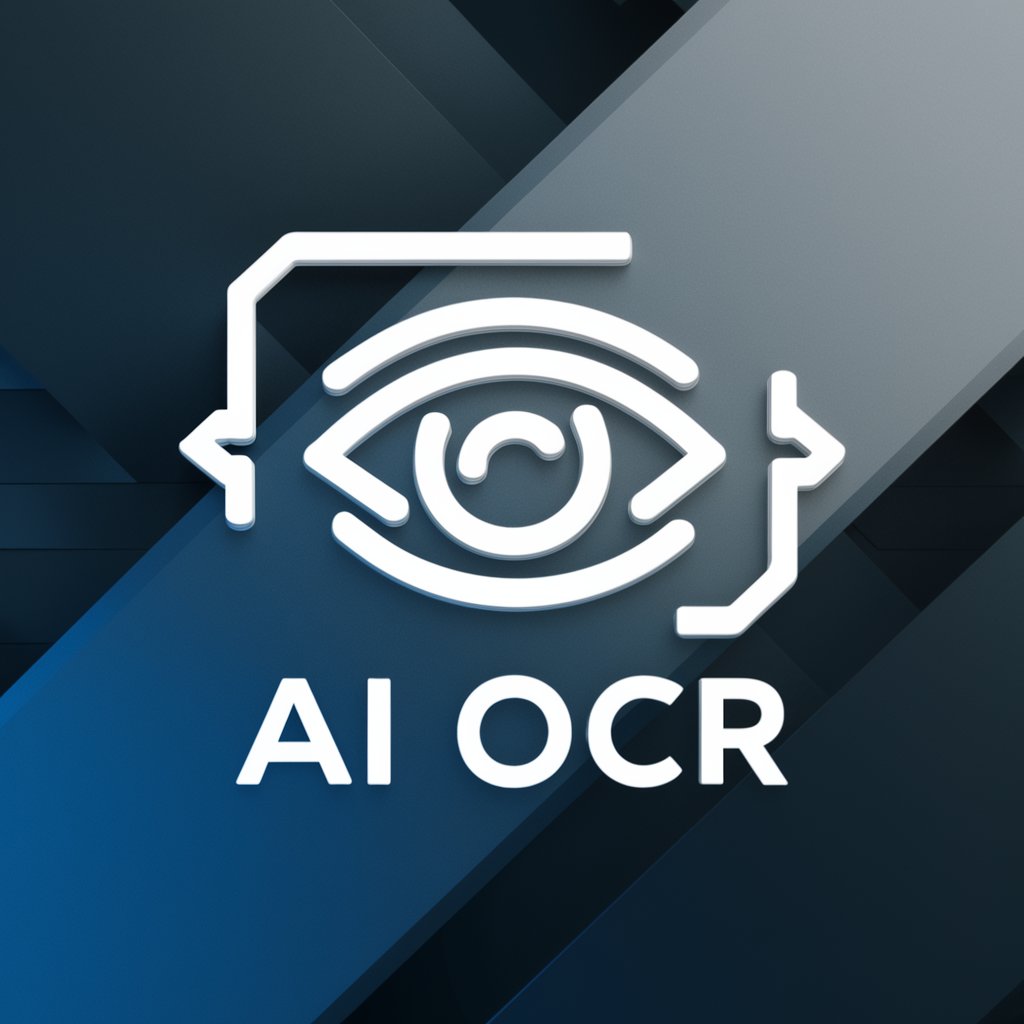
Screenshot to Markdown
Transform Images to Markdown Seamlessly with AI

File Transformer
Transform files effortlessly with AI
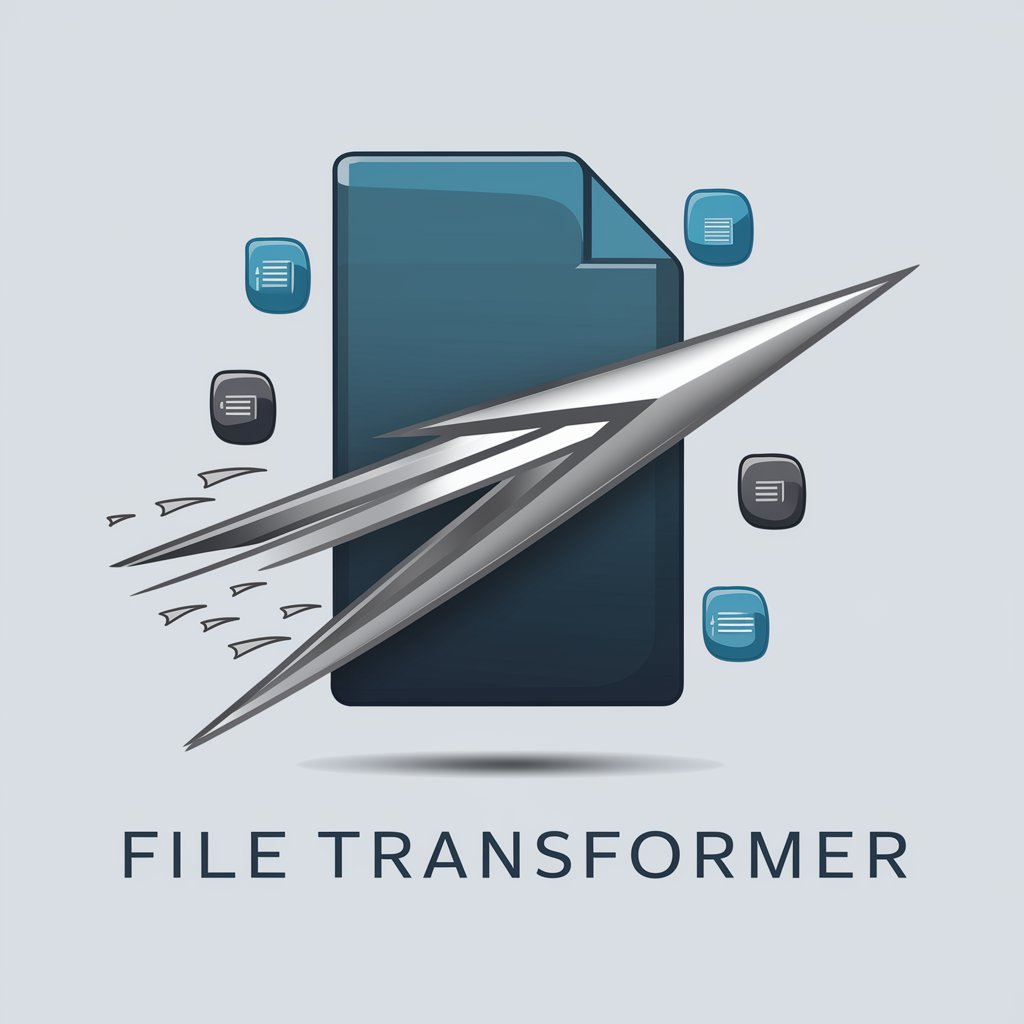
ファイル形式変換専門GPT
Transform files effortlessly with AI
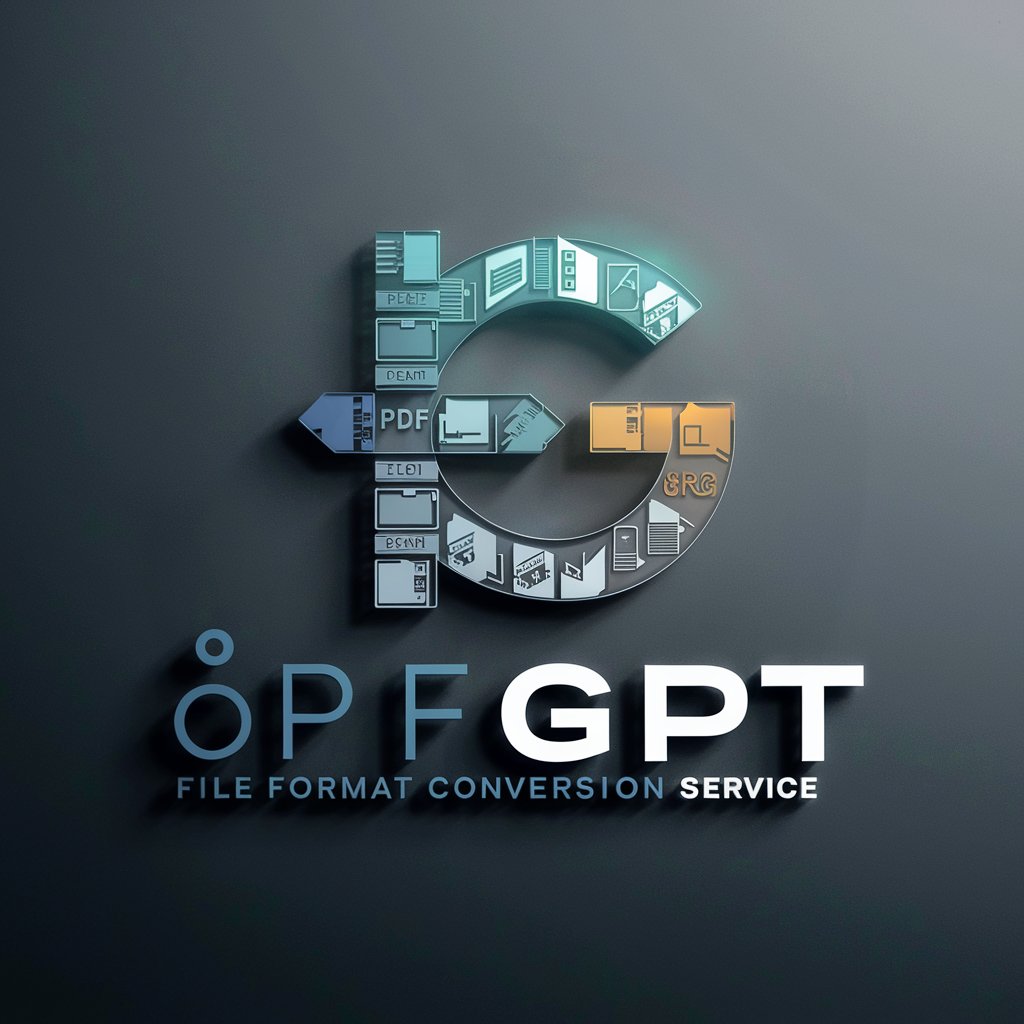
Sheet Transformer
Transform Spreadsheets with AI Precision
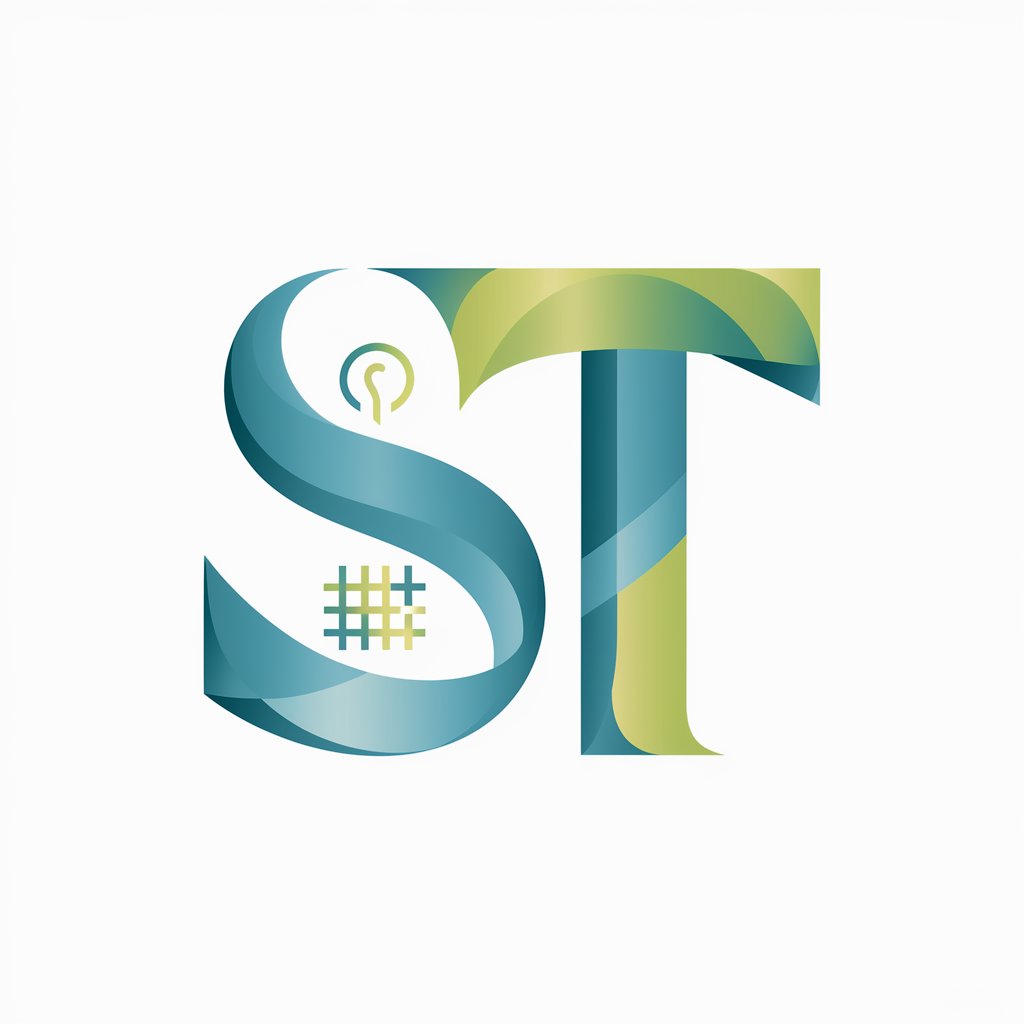
Convert AI
Transform Files Seamlessly with AI
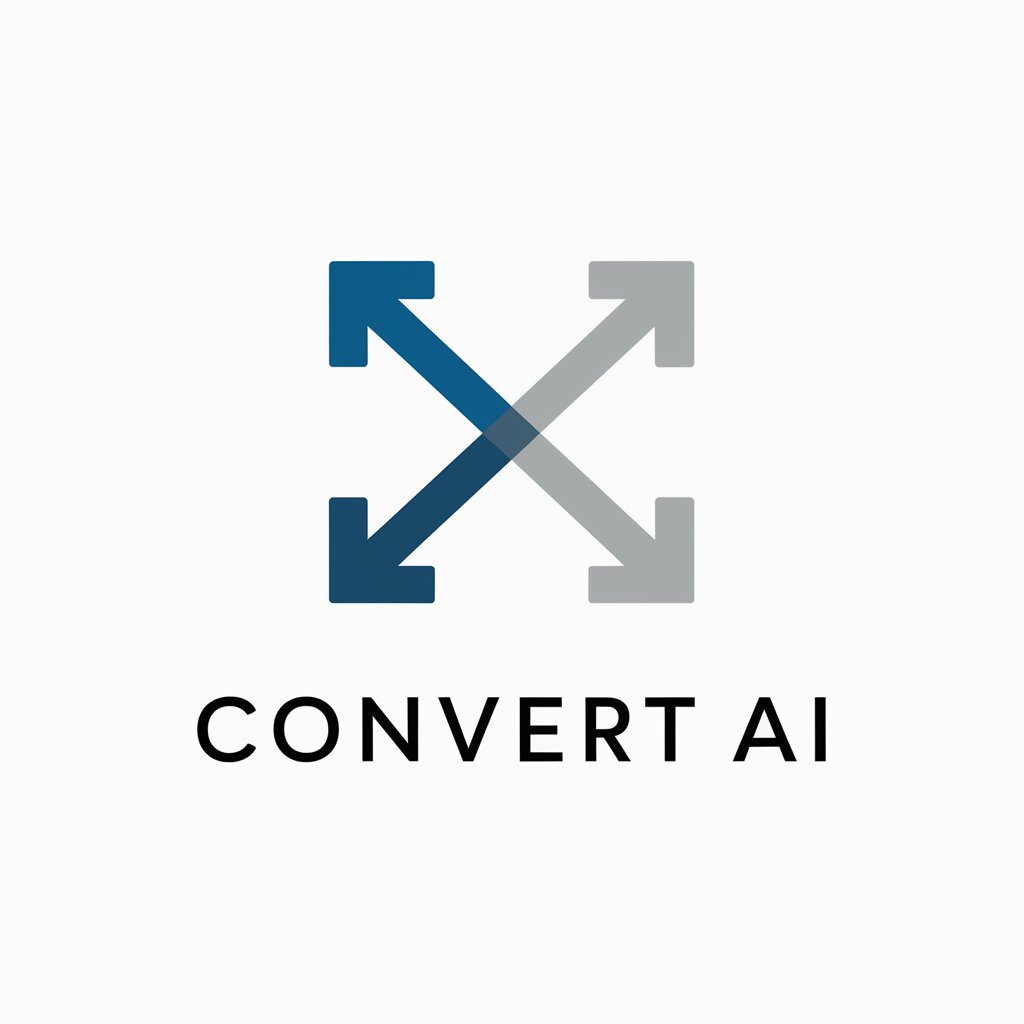
Zip Organizer
Simplify Zip Management with AI
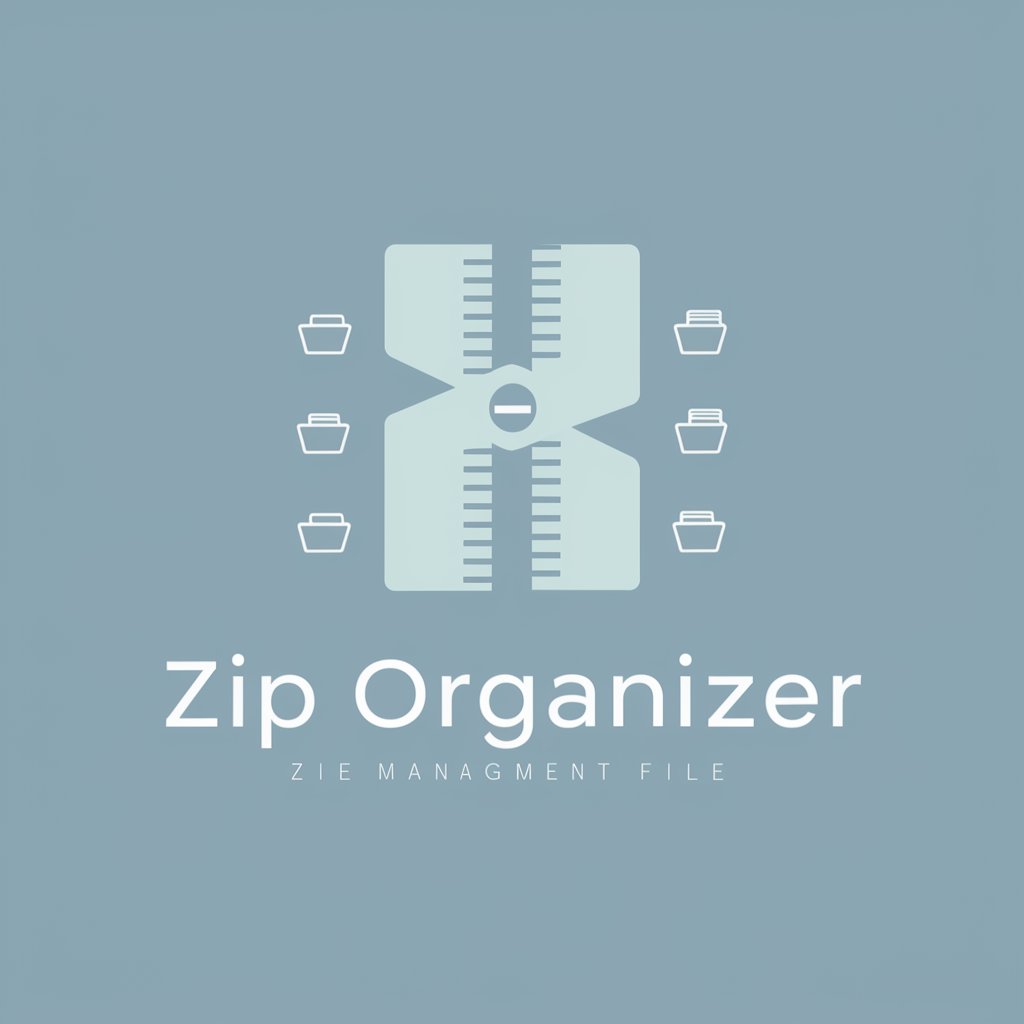
Tape Library Expert
AI-powered Tape Library Insights
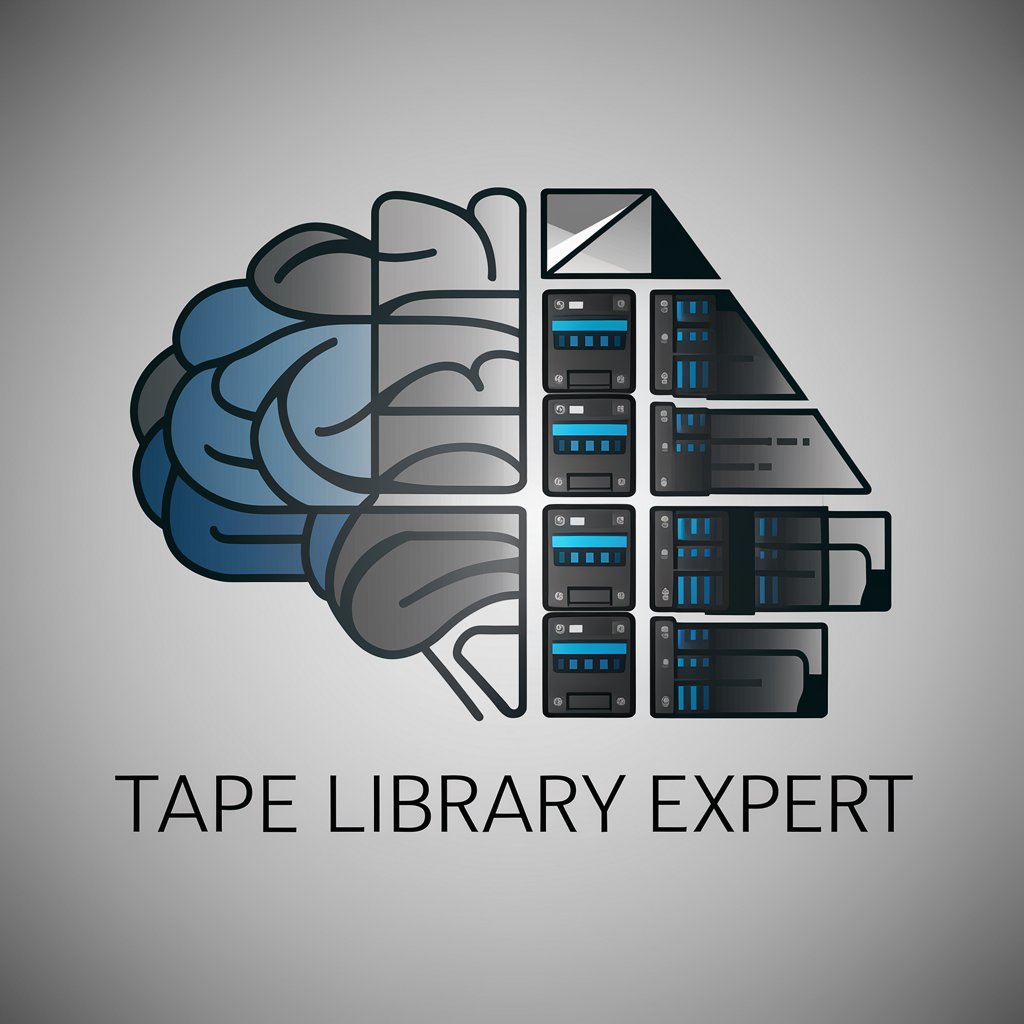
Phone Backup
Securely backup your phone with AI

Files converter
Transform files effortlessly with AI

電子帳簿保存法Q&A
AI-powered advice on electronic bookkeeping law

AI-Powered Data Compression
Revolutionizing data efficiency with AI.
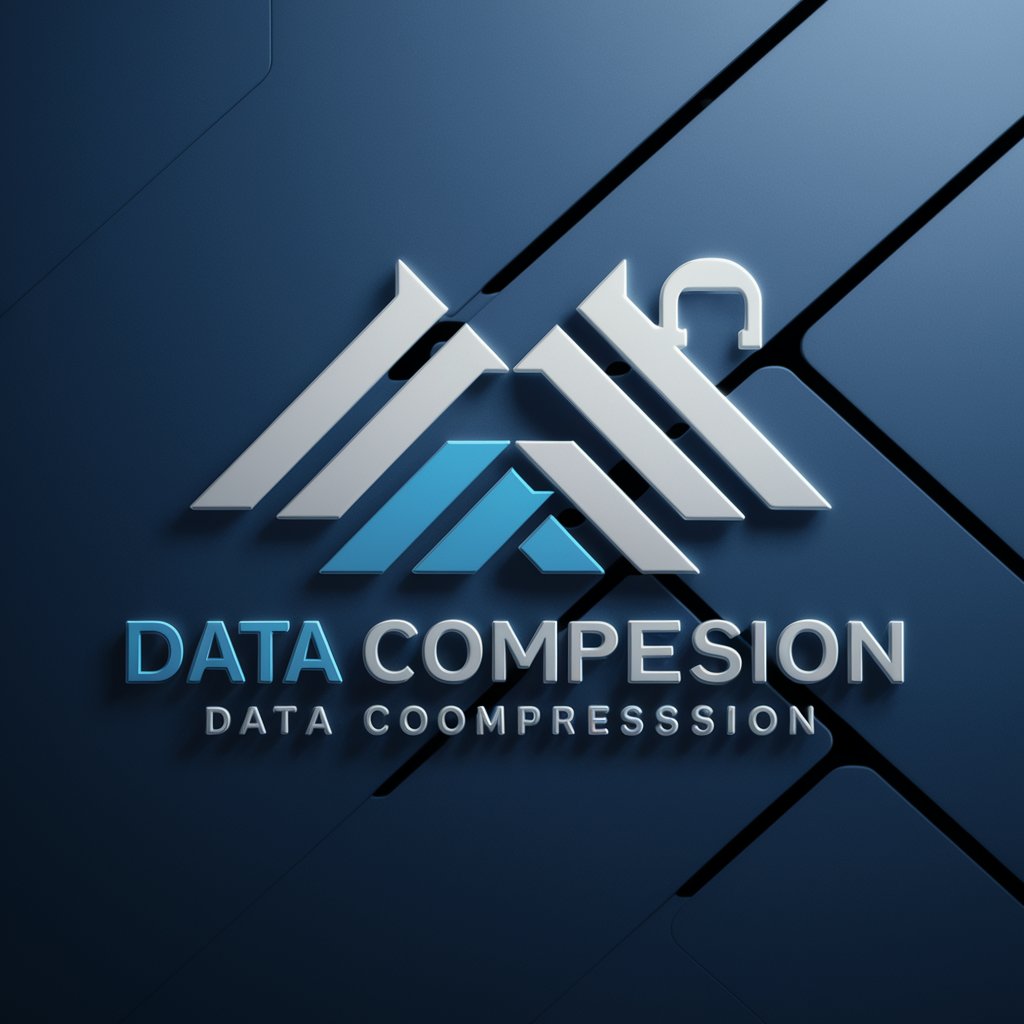
Snapshot Extractor
Turn snapshots into structured data instantly

FileTransformer
Transform files seamlessly with AI
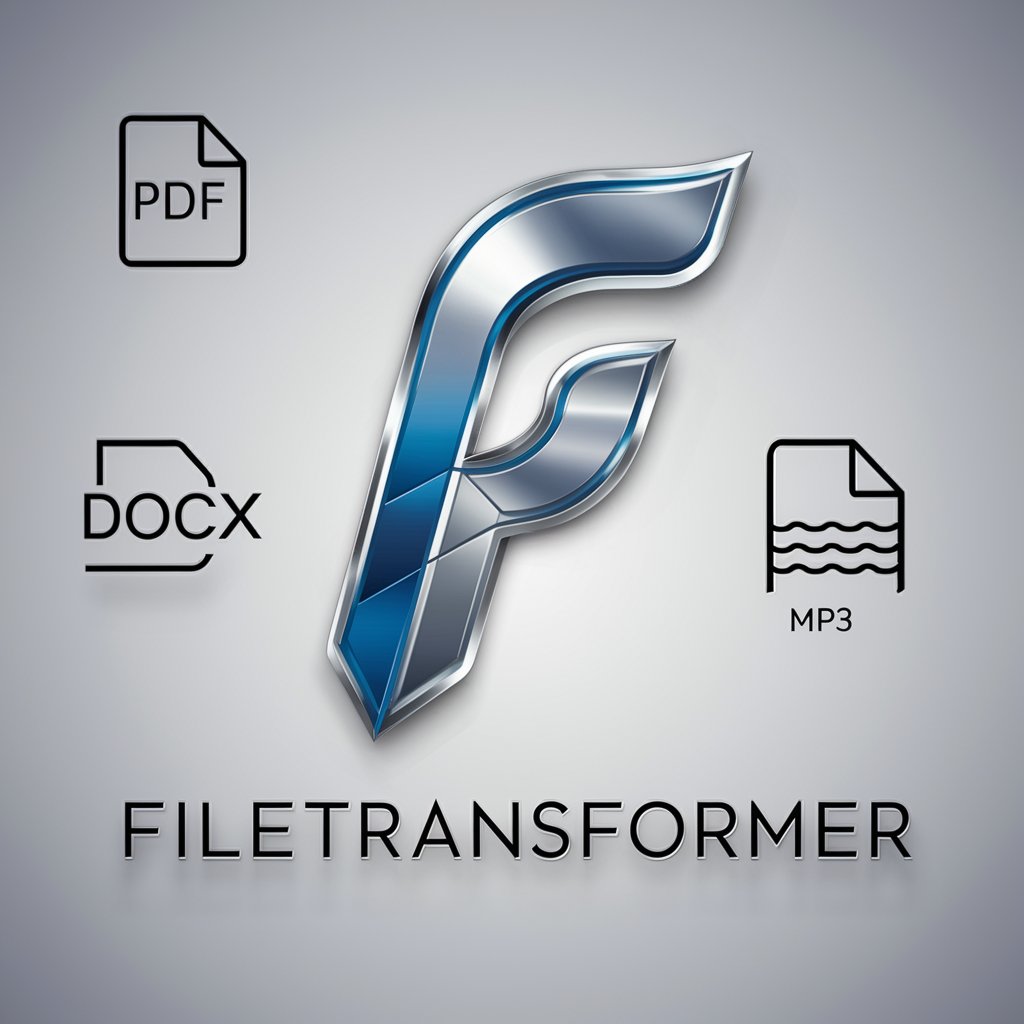
Essential Attributes of AI GPTs in Data Archiving
AI GPTs for Data Archiving stand out for their adaptability to both simple and complex archiving tasks. They feature advanced natural language understanding, enabling them to process and categorize information accurately. Special features include automated metadata tagging, data deduplication, and anomaly detection to ensure data integrity. Additionally, some tools may offer web searching capabilities, image archiving through AI-based image recognition, and support for technical documentation archiving, all tailored to enhance the data archiving process.
Who Benefits from Data Archiving AI Tools
These AI tools cater to a broad audience, from individuals with minimal technical background to developers and data management professionals. They are especially beneficial for librarians, archivists, and IT professionals tasked with data preservation. The tools' user-friendly interfaces make them accessible to novices, while programmable features and API access provide customization options for those with coding skills, offering scalable solutions for data archiving needs.
Try Our other AI GPTs tools for Free
Thesis Preparation
Discover how AI GPTs for Thesis Preparation can revolutionize your research with tailored writing assistance, data analysis, and comprehensive support for all stages of your thesis.
Engagement LinkedIn
Discover how AI GPTs for Engagement LinkedIn can transform your professional networking strategy with automated content creation, personalized messaging, and insightful analytics.
Wedding Attire
Discover AI GPTs for Wedding Attire: the innovative tool transforming wedding planning with personalized attire recommendations, design visualization, and trend insights.
Cultural Festivals
Discover how AI GPT tools revolutionize cultural festival planning and engagement, offering tailored solutions for content creation, data analysis, and multilingual support.
Personalized Fashion
Discover how AI GPTs for Personalized Fashion revolutionize styling and design, offering personalized recommendations and creative insights tailored to your taste.
Historical Reenactment
Explore the past like never before with AI GPTs for Historical Reenactment, offering immersive, AI-driven experiences tailored to educators, historians, and enthusiasts.
Further Understanding of AI-Driven Archiving
AI GPTs for Data Archiving revolutionize data preservation by providing dynamic, intelligent solutions across various sectors. Their capacity to learn and adapt to specific data types and archiving needs, combined with user-friendly interfaces, makes them versatile tools. Moreover, their integration capabilities allow for seamless incorporation into existing data management systems, optimizing workflows and enhancing data accessibility and security.
Frequently Asked Questions
What exactly are AI GPTs for Data Archiving?
AI GPTs for Data Archiving are artificial intelligence systems designed to help with the archiving of digital content. They use machine learning to understand, sort, and store data efficiently.
Can these tools automatically categorize data?
Yes, through natural language processing and understanding, these tools can automatically categorize data based on its content, making it easier to retrieve and manage.
Do AI GPTs support image archiving?
Yes, many of these tools include AI-based image recognition capabilities to categorize and archive images alongside textual data.
Can I integrate these tools into my existing data management system?
Absolutely. AI GPTs for Data Archiving often come with APIs and other integration options, allowing them to be seamlessly incorporated into existing data management workflows.
How do AI GPTs ensure data privacy during the archiving process?
These tools are designed with security in mind, implementing encryption and access controls to protect data privacy and comply with regulatory requirements.
Are there customization options for developers?
Yes, developers can access APIs and other programming interfaces to customize the tools according to their specific archiving needs and requirements.
What makes AI GPTs different from traditional archiving software?
AI GPTs leverage advanced machine learning and natural language processing to offer more efficient, accurate, and automated data archiving solutions compared to traditional methods.
Can these tools handle large volumes of data?
Yes, AI GPTs are designed to efficiently process and archive large datasets, making them ideal for organizations dealing with vast amounts of information.